But what bothered me the most was the story of the fallen angels, who are called "the Watchers" in the movie. While they added a sensitive and sensible tone to the story and "showed a probable way of how the Ark was built", their whole story is wrong!
You see, being a Catholic, I was taught that the first fallen angel was none other than Lucifer. But, since I haven't read the Holy Bible yet, I decided to learn a little more about this and other fallen angels.
The texts tell us that Lucifer was the left, creative, hand of God, created in a perfect state (Ezekiel 28:12,15). And he remained perfect in his ways until iniquity was found in him (verse 15b), when they say “Your heart became proud on account of your beauty, and you corrupted your wisdom because of your splendor.” Lucifer apparently became so impressed with his own beauty, intelligence, power, and position that he began to desire for himself the honor and glory that belonged to God alone. The sin that corrupted Lucifer was self-generated pride. Apparently, this represents the actual beginning of sin in the universe—preceding the fall of the human Adam by an indeterminate time. Sin originated in the free will of Lucifer in which—with full understanding of the issues involved—he chose to rebel against the Creator. Than, this mighty angelic being was rightfully judged by God: “I threw you to the earth” (Ezekiel 28:18).
In the movie, though, the fallen angels supposedly chose to fall, because they took pity on Adam and Eve and, because of that, God punished them turning their beautiful and perfect light forms into stone. [SPOILER ALERT] In the end, when the flood is beginning and humans are desperate to get in the Ark, the Watchers kill them and, because of it, they're forgiven by the Creator and allowed to return to the Heavens. That's a complete mess, if you ask me. But that's just my opinion. Did you watch Noah? If so, what did you think about it? Tell me in the comments!

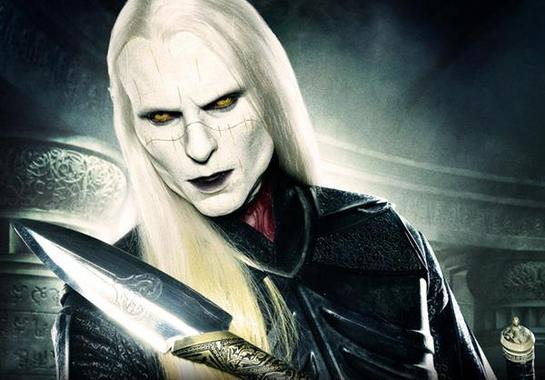
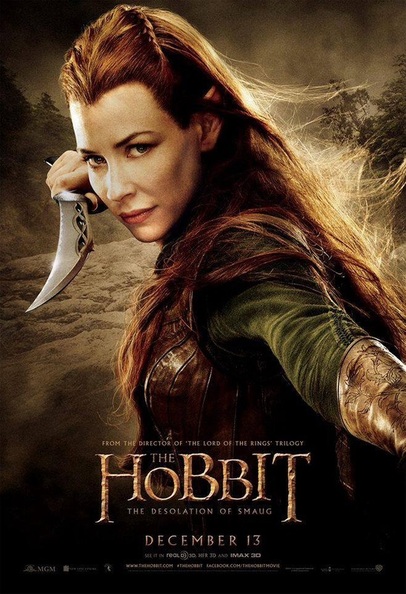

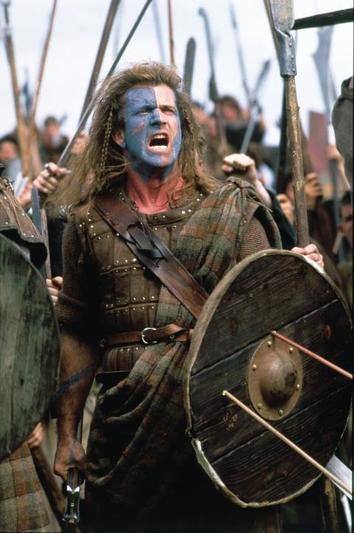
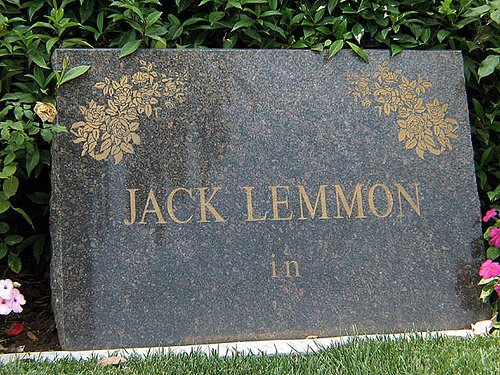
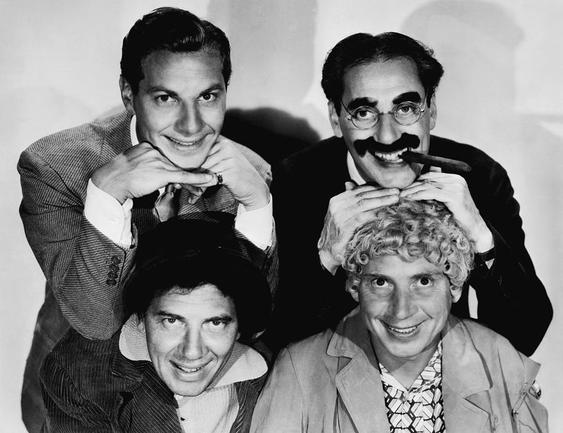
 RSS Feed
RSS Feed